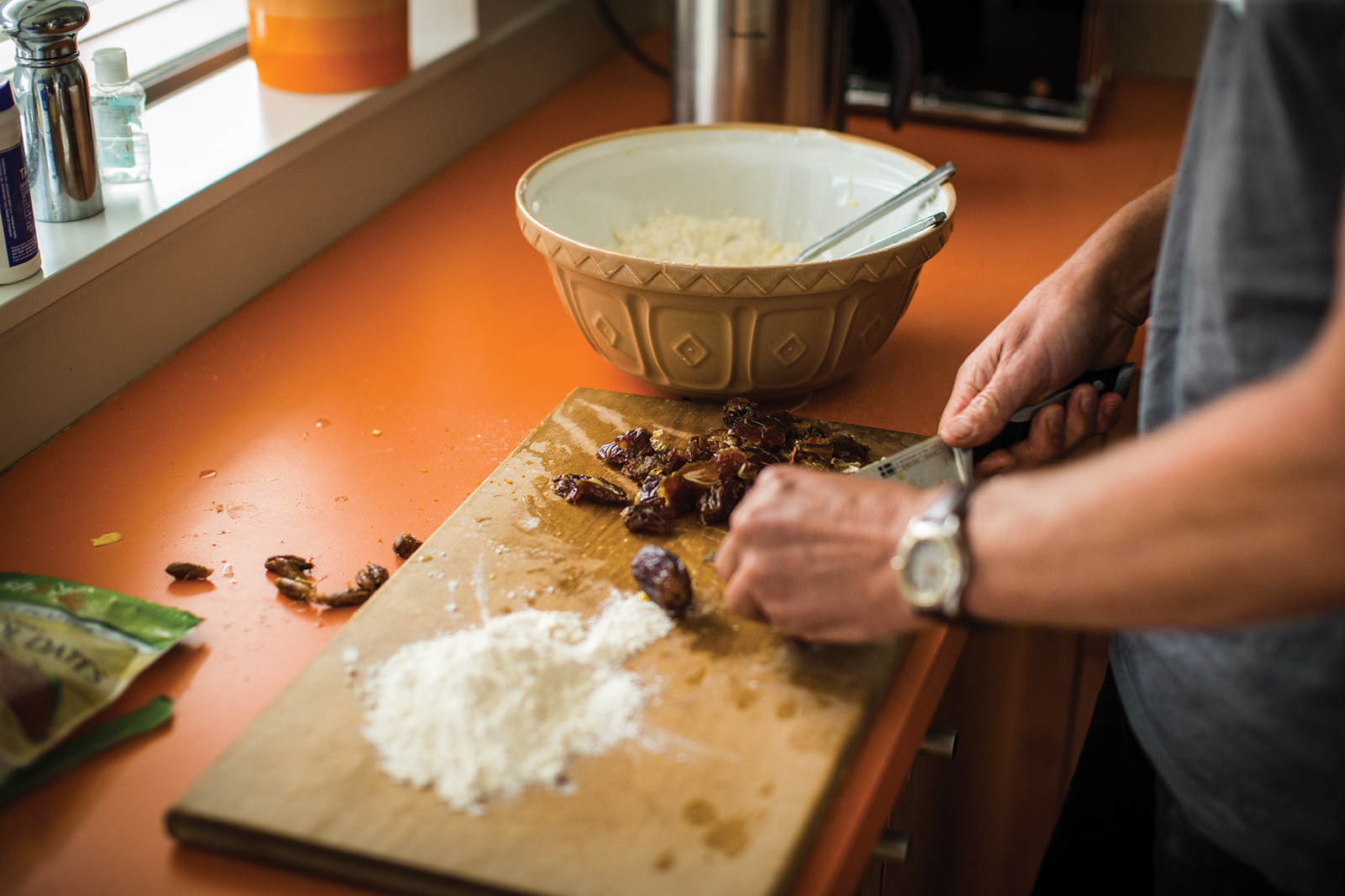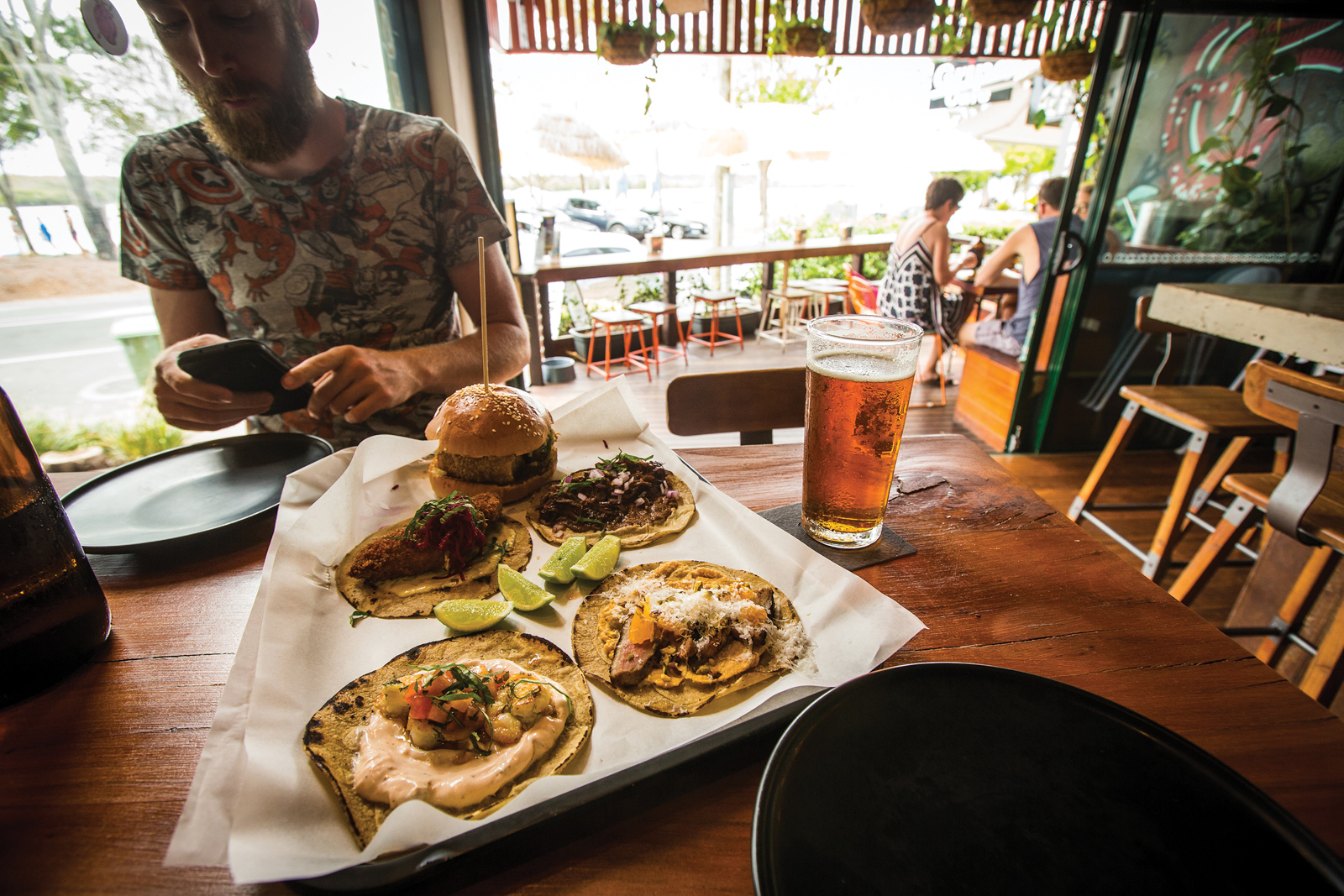Nutrition: Train your gut to improve performance
Are you trying to ride faster or get stronger? You’re probably training your legs and lungs but training the gut can also have a significant impact on performance, too. Here’s what you need to know.
Words: Zoe Wilson
Photos: Tim Bardsley-Smith
Why is good gut health important?
Research is showing more and more the importance of good gut health for overall health. The body is made up of cells as well as other microorganisms known as the ‘microbiome’. These microorganisms are especially prevalent in the gut, with ‘good’ bacteria that can assist with digestion, and ‘bad’ bacteria that can cause disease. In fact, a healthy gut microbiome with a favourable balance of good and bad bacteria has been linked with better overall health through an increased immunity, better mood and reduced risk of disease.
The gut and performance:
Good gut health can impact performance on the bike. Studies have found a healthy gut microbiome can help to support the immune system which increases training days. In fact, one research paper found probiotics were better than placebo in reducing the number of participants experiencing episodes of acute upper respiratory tract infections and reducing antibiotic use. Simply put – less days with a cold or flu, means more days on the bike.
How the gut functions during a ride, training session or race can also affect performance with many mountain bikers experiencing gut problems at some point. Some may need a simple stop for the loo, but others may experience symptoms that are repetitive, frustrating or even debilitating. Factors influencing the diversity and severity of gut complaints in athletes include environmental factors such as temperature, the intensity, duration and type of exercise, dietary intake and hydration, and the composition of the gut microbiome.

The impact of exercise on the gut:
The gut and brain talk continuously via a mix of nerve signals, neurotransmitters and hormones (otherwise known as the gut-brain axis). When nervous pre-race and when exercise begins, the body enters flight or fight mode. The body prioritises systems like the heart, lungs, muscles and skin and blood flow is reduced to the gut. The reduction in blood flow combined with a hormonal stress response reduces gut function and can lead to discomfort, cramping, bladder urgency or diarrhoea.
Supporting good gut health:
There are a number of ways to improve gut health including adequate sleep, regular exercise and a healthy diet. Eating a well-balanced, minimally processed diet is key long term to a healthy gut microbiome. Eating foods high in fibre such as wholegrains, legumes, fruit and vegetables also provide food for good bacteria in the large intestine as well as providing bulk and keep waste moving through the digestive system. Probiotics present in foods like yoghurt and available as supplements can help to recolonise good bacteria in the gut; and prebiotic foods such as garlic, onion and fermented foods like sauerkraut and kimchi feed good bacteria so are worth including regularly.
Training the gut for performance:
Just like the legs, lungs and heart, the gut can be trained too! The purpose of training the gut is to improve gastric emptying, improve gastrointestinal absorption of carbohydrate and reduce gut discomfort during exercise ultimately helping to improve performance.
There are several methods to train the gut:
- Eating before or drinking relatively large volumes of fluid during training help to train the stomach and improve comfort.
- Training with relatively high carbohydrate intake (aiming for 60g-90g carbohydrate per hour to fuel endurance exercise) increases carbohydrate absorption and tolerance during exercise.
- Simulating the race nutrition plan in training builds confidence and maximises performance.
- Building up slowly from what is currently comfortable to the carbohydrate and fluid intake for racing allows the gut to adjust slowly. If you need help to figure out what these goals should be or how to build, get in touch with an Accredited Sports Dietitian.

Managing your gut for racing:
It’s also important to think about race day and how you will best manage your nutrition to minimise gut issues. Try the following:
- Eat the last main meal 2-3 hours before so there is time for digestion.
- Avoid high fat and high fibre foods 1-3 days prior to your race – go for a low residue diet instead.
- Avoid any foods known to upset your gut. High FODMAP foods like dried fruit, stone fruit, fruit juice or cow’s milk are common culprits.
- Focus on hydration before and during exercise but do it with low carbohydrate fluids like water or sports drink (designed with 4-8% carbohydrate) rather than soft drink, energy drink or fruit juice which are highly concentrated and more difficult to absorb during exercise.
- Work on your mental game and use mindfulness or breathing techniques to reduce nerves and stress and calm the gut-brain axis.
After more nutrition articles? Click here.







